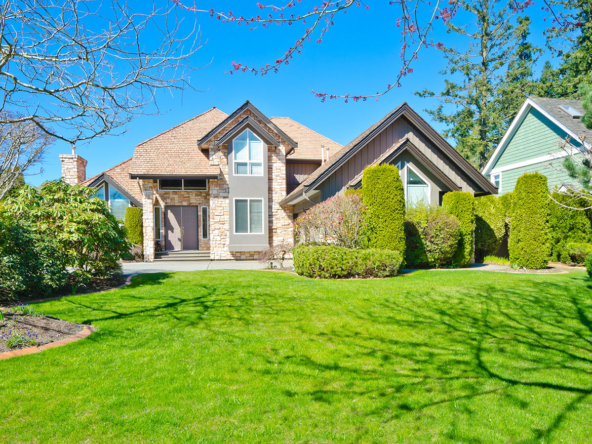If you’re planning to buy a home in New Jersey, one of the first things you’ll hear about is the property taxes — and for good reason. New Jersey has the highest average property tax rate in the U.S., but what exactly are you paying for? And how do different towns compare?
Let’s break it down in plain English so you know exactly what to expect when purchasing your next home in the Garden State.
🧾 What Are Property Taxes?
Property taxes are annual taxes paid by homeowners based on the assessed value of their property. These taxes are collected by your local municipality and used to fund public services like:
- Public schools
- Police and fire departments
- Local government salaries
- Road maintenance and sanitation
- Libraries, parks, and community services
💡 How Are Property Taxes Calculated in NJ?
🧮 Formula:
Assessed Value of Home × Local Tax Rate = Property Tax Bill
- Each town determines your home’s assessed value (which may differ from the market value).
- Then, they apply their local tax rate, often expressed as a percentage per $100 of assessed value.
For example:
If your home is assessed at $400,000 and your town’s tax rate is 2.5%, you’ll pay:
👉 $400,000 × 0.025 = $10,000 per year
📍 Property Tax Rates by Town (2025 Estimates)
| Town | Avg. Tax Rate | Median Tax Bill |
|---|---|---|
| Montclair | 3.26% | $19,400 |
| Clifton | 2.86% | $12,100 |
| Passaic | 3.43% | $10,300 |
| Paterson | 4.10% | $9,800 |
| Bloomfield | 3.18% | $11,700 |
🧠 Note: Rates can change year to year based on municipal budgets, school funding needs, and reassessments.
🏘️ Why Are NJ Property Taxes So High?
There are three main reasons:
- Strong Public School Funding
NJ ranks in the top 3 states for education quality, and much of that is due to property-tax-funded public schools. - Local Government Fragmentation
New Jersey has 565 municipalities, each with its own schools, police, fire, etc. This duplication increases costs. - Minimal Statewide Tax Relief
Unlike some states that offset local property taxes with higher state taxes, NJ places the burden mostly at the local level.
💡 Tips to Manage Your Property Tax Burden
1. Buy in a Lower-Tax Town
Consider towns like Little Falls, Woodland Park, or Totowa if you’re looking for more manageable tax rates while staying close to NYC.
2. Check the Property’s Assessed Value
Sometimes a home is over-assessed. You can appeal your assessment with the county if it’s higher than similar homes nearby.
3. Apply for NJ Property Tax Relief Programs
- Senior Freeze (PTR Program): Reimburses eligible seniors for property tax increases
- Homestead Benefit: Offers credits to eligible homeowners
- Disabled Veteran Exemption
4. Work with a Local Agent Who Knows the Tax Landscape
Every neighborhood is different. A good agent can guide you to towns with fair tax rates and strong amenities.
📞 Call or text us at 862-247-6067 to get personalized property tax breakdowns for any area in North Jersey.

